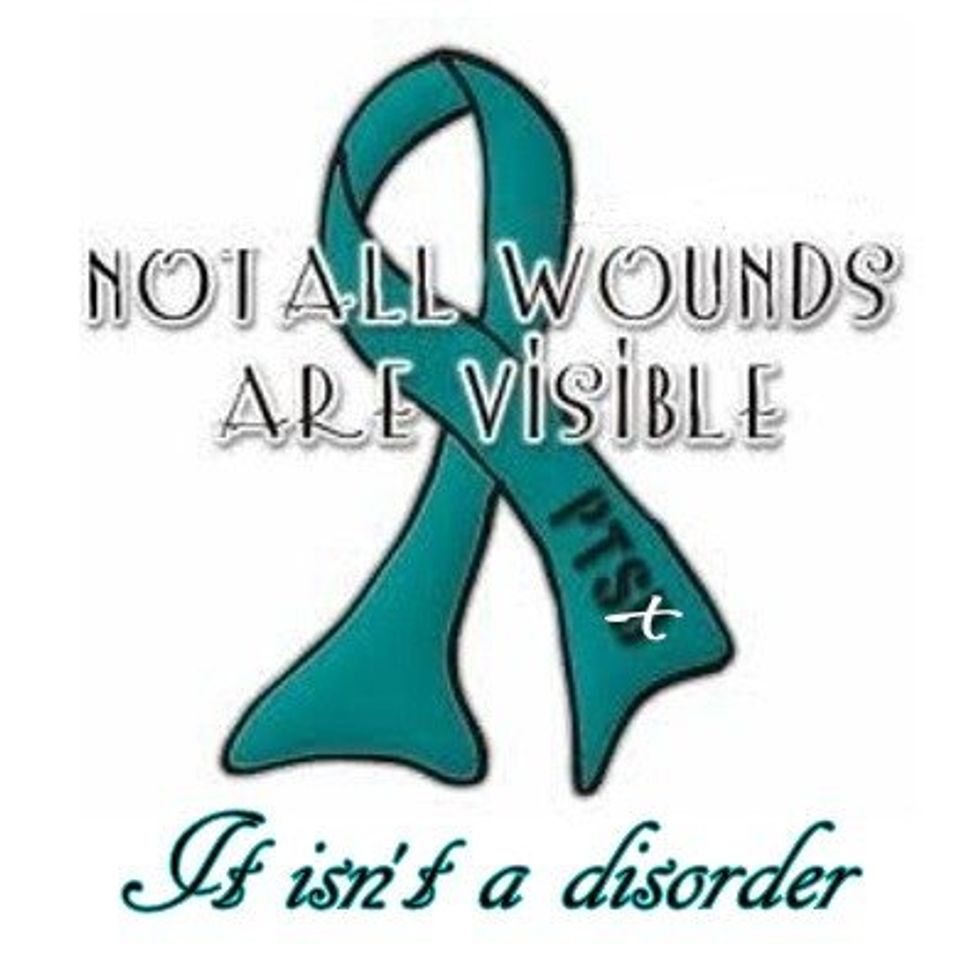A lot of American soldiers are affected by Post-Traumatic Stress Disorder (PTSD): recent studies show that PTSD affects over one in eight veterans. PTSD has been gaining a lot of coverage recently as scientists are hurrying to learn more about the disease, treat those afflicted, and educate the public.
So what exactly is PTSD?
PTSD is a mental health disorder that develops in some people who have seen or survived an intense or dangerous event. Surrounding a traumatic event, it is common to feel anxious and defensive. However, those who continue to suffer from feelings of defensiveness or anxiety surrounding an event tend to be diagnosed with PTSD.
What are the symptoms?
PTSD generally has three main symptoms to it:
- Re-experiencing the trauma through intrusive distressing recollections of the event, flashbacks, and nightmares.
- Emotional numbness in general and specific avoidance of places, people, and activities that remind them of trauma.
- Increased arousal such as difficulty sleeping, concentrating, feeling overly reactive, and being easily frustrated or angered.
Certain symptoms do change with age and nationality.
Additionally, these symptoms might occur:
- Persistent or exaggerated negative beliefs or expectations about oneself or the world.
- Consistent blame and distortion of self-perception or others, generally about the cause or consequences of the traumatic event(s)
- Continued guilt, fear, anger, or shame
- Notable diminished interest in activities
- Feelings of detachment from others
- Inability to experience positive emotions
As a result, these symptoms might occur:
- Irritable or aggressive behavior
- Reckless or self-destructive behavior
- Guarded nature
- Over-reactivity to being startled
- Problems concentrating
- Difficulty falling or staying asleep
It is important to note that none of these symptoms would be possible by way of brain injury or drug.
There are different forms of PTSD.
Three, to be specific. If symptoms last between one and three months, the condition is considered acute PTSD. If symptoms persist for at least three months, it’s labeled as chronic PTSD. If symptoms manifest over six months following a traumatic event but concern feelings about the event, it is classified as delayed-onset PTSD.
PTSD affects more than just veterans:
It is also often diagnosed in those who experienced childhood abuse; abuse at the hands of a partner (emotional, physical, or otherwise); a terrorist attack; sexual assault; car accidents; and natural disasters.
If you or a loved one is experiencing PTSD, you can find an online test here. It is important not to self-diagnose. However, as it is a tool that has been created and reviewed by professionals, it might be a good starting point when visiting a therapist.
Additionally, if you are a veteran experiencing PTSD, you can find VA-specific support here.
Lastly, if you are experiencing some of these symptoms and are in crisis, please arrange a visit with a therapist as soon as you can. However, you can also find support here at the national suicide hotline 1-800-273-8255. You can also text the national crisis textline here.
You are important and you are not alone.





















